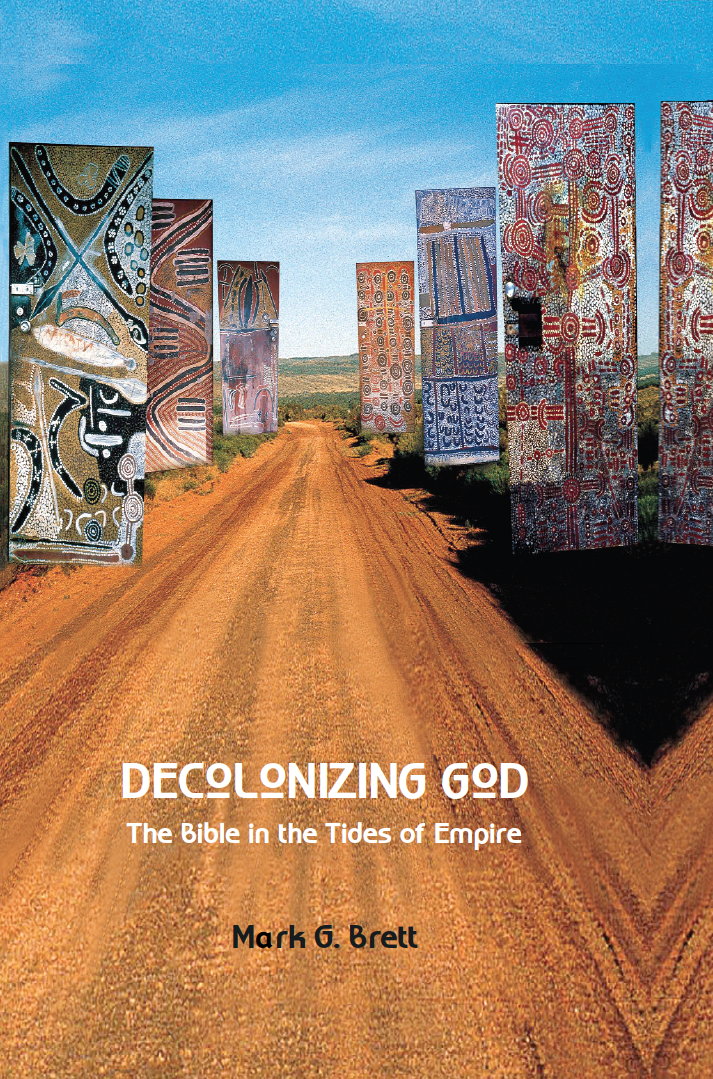Decolonizing God: The Bible in the Tides of Empire
Price range: £17.50 through £39.50
In this thoughtful book, Mark Brett draws upon his experience of the colonial heritage in Australia to identify a remarkable range of areas where God needs to be decolonized–freed from the bonds of the colonial.
For centuries, the Bible has been used by colonial powers to undergird their imperial designs–an ironic situation when so much of the Bible was conceived by way of resistance to empires. In this thoughtful book, Mark Brett draws upon his experience of the colonial heritage in Australia to identify a remarkable range of areas where God needs to be decolonized–freed from the bonds of the colonial.
Writing in a context where landmark legal cases have ruled that Indigenous (Aboriginal) rights have been ‘washed away by the tide of history’, Brett re-examines land rights in the biblical traditions, Deuteronomy’s genocidal imagination, and other key topics in both the Hebrew Bible and the New Testament where the effects of colonialism can be traced. Drawing out the implications for theology and ethics, this book provides a comprehensive new proposal for addressing the legacies of colonialism.
Additional information
| table of contents | 1 The Bible and Colonization 2 Alienating Earth and the Curse of Empires 3 Ancestors and their Gifts 4 Pigs, Pots and Cultural Hybrids 5 Deuteronomy, Genocide and the Desires of Nations 6 Dissident Prophets and the Making of Utopias 7 Exile and Ethnic Conflict 8 Jesus, Non-Violence and the Christ Question 9 Paul and Hybrid Christian Identities 10 Postcolonial Theology and Ethics |
|---|---|
| author | |
| authors | |
| editors | |
| isbn | |
| list price (paperback) | |
| page extent | |
| publication | |
| publication date | |
| series | |
| table of contenta | |
| version |


Roland Boer, University of Newcastle, New South WalesReview of Biblical Literature –
Mark Brett’s book catches the wave along with an increasing number of biblical scholars, a wave that may be called ‘anti-imperial exegesis’. It is one of the most interesting and engaging books in biblical studies to appear so far this year. Due to ecclesial and political battles over the Bible in the context of geo-politics, the question as to whether biblical texts are overwhelmingly pro-imperial or anti-imperial has become vital.
Bill Ashcroft, University of Hong Kong and University of New South Wales; author of The Empire Writes Back: Theory and Practice in Post-Colonial Literatures (2002). –
A ground-breaking work of scholarship that makes a major intervention into post-colonial studies. This book confirms the relevance of post-colonial theory to biblical scholarship and provides an exciting and original approach to biblical interpretation.
Tamara C. Eskenazi, Hebrew Union College, Los Angeles; editor of The Torah: A Women’s Commentary (2007). –
Acutely sensitive to the historical as well as theological complexity of the Bible, Mark Brett’s Decolonizing God brilliantly demonstrates the value of a critical assessment of the Bible as a tool for rethinking contemporary possibilities. The contribution of this book to ethical and theological discourse in a global perspective and to a politics of hope is immense.
Uriah Kim, Reviews in Religion and Theology –
This is a very important work that needs to be taken into account by all who study the Bible … [It offers] a fresh understanding of the Bible that can be applied to address the negative effects of colonialism that still remain today.